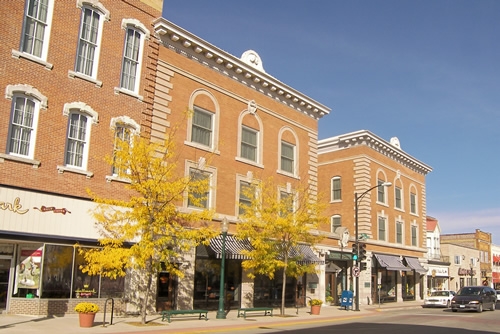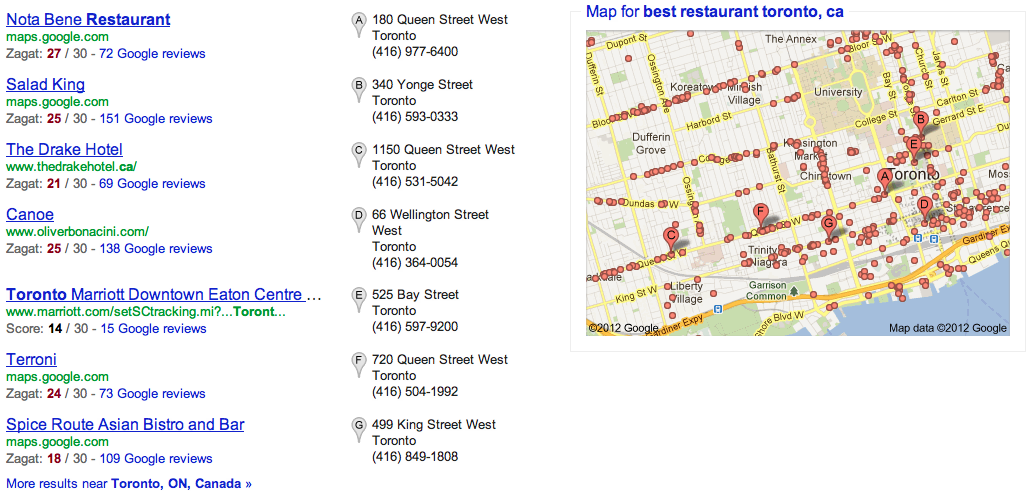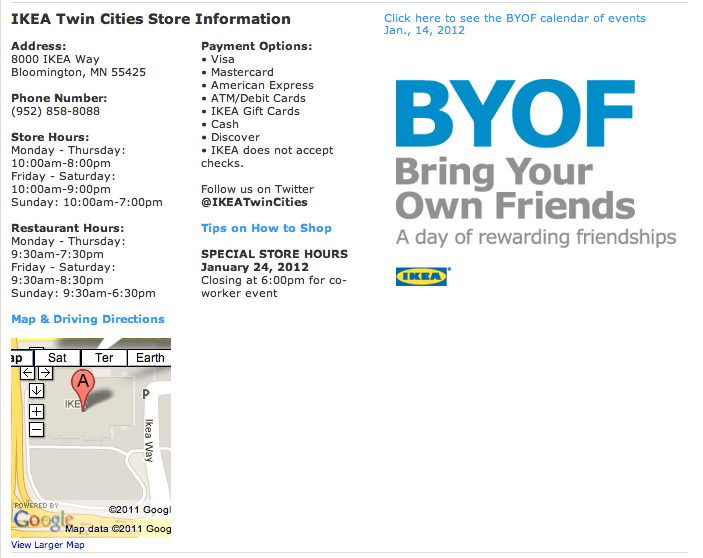 If you are a business that has a physical location (e.g. hotel, restaurant, dentist, real estate agent, plumber, etc), you can benefit from local search marketing. In fact, one of the first things we ask new clients is what they have done to improve local search rankings.
If you are a business that has a physical location (e.g. hotel, restaurant, dentist, real estate agent, plumber, etc), you can benefit from local search marketing. In fact, one of the first things we ask new clients is what they have done to improve local search rankings.
Surprisingly, often the answer is "nothing." This is good news for you.
Local search marketing is something that is catching on, but there are still a lot of businesses that are not taking advantage of it. This gives you a head start!
What Is Local Search?
Before we dive into how to improve local search rankings, let's make sure we define what local search is. Local search engines take into consideration the searcher's location or geographic interest in serving up the search results. For example, a search for "best restaurant toronto, ca" gives me results about restaurants in Toronto, Canada:
These are all blended local search results. As you can see, the user has the option to go to the business website, find the business on the map, or visit the business's Google Places page.
There is a set of local search engine optimization (SEO) activities that are distinct from traditional SEO that can help improve local search rankings. The rest of the post outlines some of the most important activities to consider.
1. Claim Your Google Places Page
Google Places is Google's business directory. If you have an established business (i.e., you're in the phone book), you are probably already in the directory. However, it is important for your ranking to make sure to claim your Google Places page.
To claim your Google Places page, go to Google Places and click "Get started." Then enter your business phone number to see if your site exists. If it does, you can edit it (but read the rest of this post first) and then ask for a verification call or postcard from Google. If it doesn't exist, you can create a listing from scratch.
For step-by-step assistance, watch this video about how to add a Google business listing.
2. Local Area Code for Primary Phone
One really obvious, but not always considered, way to improve local search rankings is to make sure that the area code of your business phone number matches the location of your business address.
More specifically, don't use your out-of-town cell phone number or a toll-free number as your primary business phone on Google Places and other local search directories. You can add those numbers as secondary phone numbers.
3. Consistent Address and Phone Number
Consistency on the Internet is key. Remember that Google and the other local search engines are just software programs that are easily confused. And you do not want to confuse Google!
The best way to ensure that your information is consistent across the Internet is to create a "Master Business Listing" that has all the key information about your business, including business name, address, phone numbers, description, website URL, etc. This information should be used consistently on the Web.
For example, it is key that the information on your website matches the information that you add to Google Places or other local search engines.
4. Display Address and Phone Number on Website
If you have a website for your local business, it is imperative to list your business address and phone number on your website. Not only does this add trustworthiness to your site and improves usability, it also helps improve local search rankings.
We recommend putting your address and phone number in the footer or otherwise ensure that it is available on every page. However, at a minimum, make sure it is on your home page and your contact page.
5. Create a Page for Each Location
If your business has multiple locations, make sure that each location has a separate page to optimize your chances of ranking well in the local search results.
One company that does this well is IKEA:
This particular page is optimized for the Twin Cities area in Minnesota, USA.
6. Optimize Home Page for Location
Again, if you have a website, it is important to optimize your home page (or for businesses with multiple locations, your location page) for your given location.
For example, one of the restaurants in our results above, Salad King, has the following title: "Salad King | Thai Restaurant in Toronto." Perfect!
You can further optimize your meta description, content, images, and the other elements of a page that you would optimize in traditional SEO.
7. Ask for Online Reviews
Online reviews have quickly become one of the most relied-upon sources of purchasing decision information. Most people trust online reviews, especially if there is a significant number of reviews.
Another benefit of reviews is that it may impact your local search rankings. In the example above, you don't see any restaurants without reviews. But note that the top-ranking listing has only 7 reviews, so it's clearly not the dominant signal to the local search engines.
It's OK to ask for online reviews. A good way to target clients for Google Places reviews is to check which customers have a Gmail account and ask them to document their experience with your business on Google Places.
8. Use Canonical URL
When you add your business listings to Google Places, Bing, Yahoo!, etc, make sure to use your canonical URL. I.e., if your primary domain looks like www.yoursite.com, that's how you list it. However, if your primary domain is yoursite.com (without the www), that's what you should enter.
NOTE: If you don't have a canonical URL, you should get that taken care of before you do anything else!
9. Get Listed in Online Directories
There are hundreds of online business directories in which you can list your business. In the world of local SEO, these listings are called "citations." The more citations, the better. Here are some places to start:
- Local SEO Guide has a great list of free listings, which they call "Internet Yellow Pages."
- Getlisted.org has a nifty tool that allows you to see where your business is listed and opportunities for improvement.
- Our local search guide has several sections about how to get additional citations (about half-way through).
Over to You!
What are your favorite local search marketing tactics? Have you seen improvements in your rankings after implementing some of these strategies? Do you have questions about local SEO? I'd love to hear from you!
For More Visit Searchenginepeople








0 comments:
Post a Comment